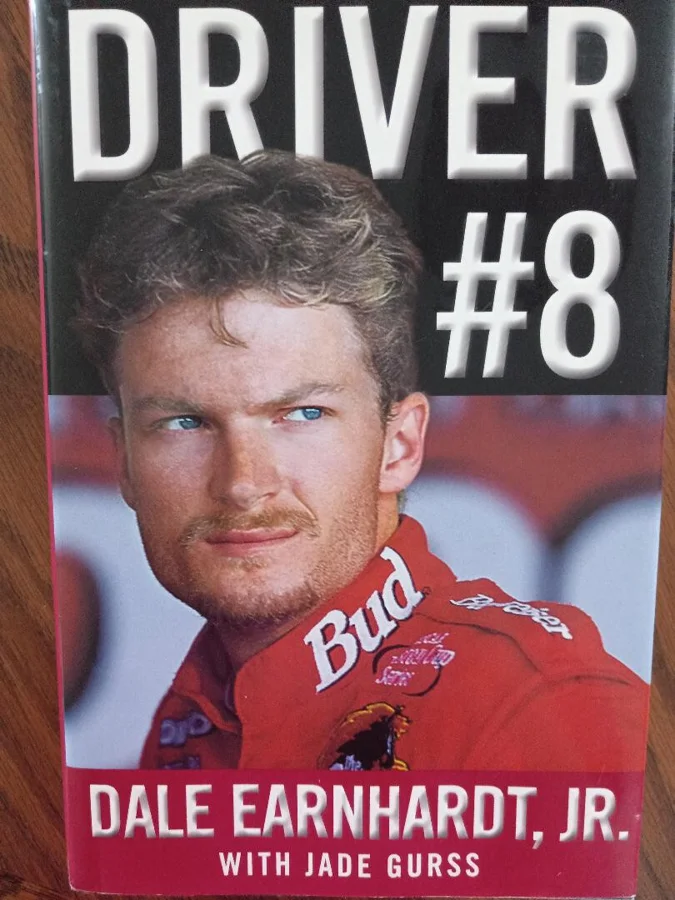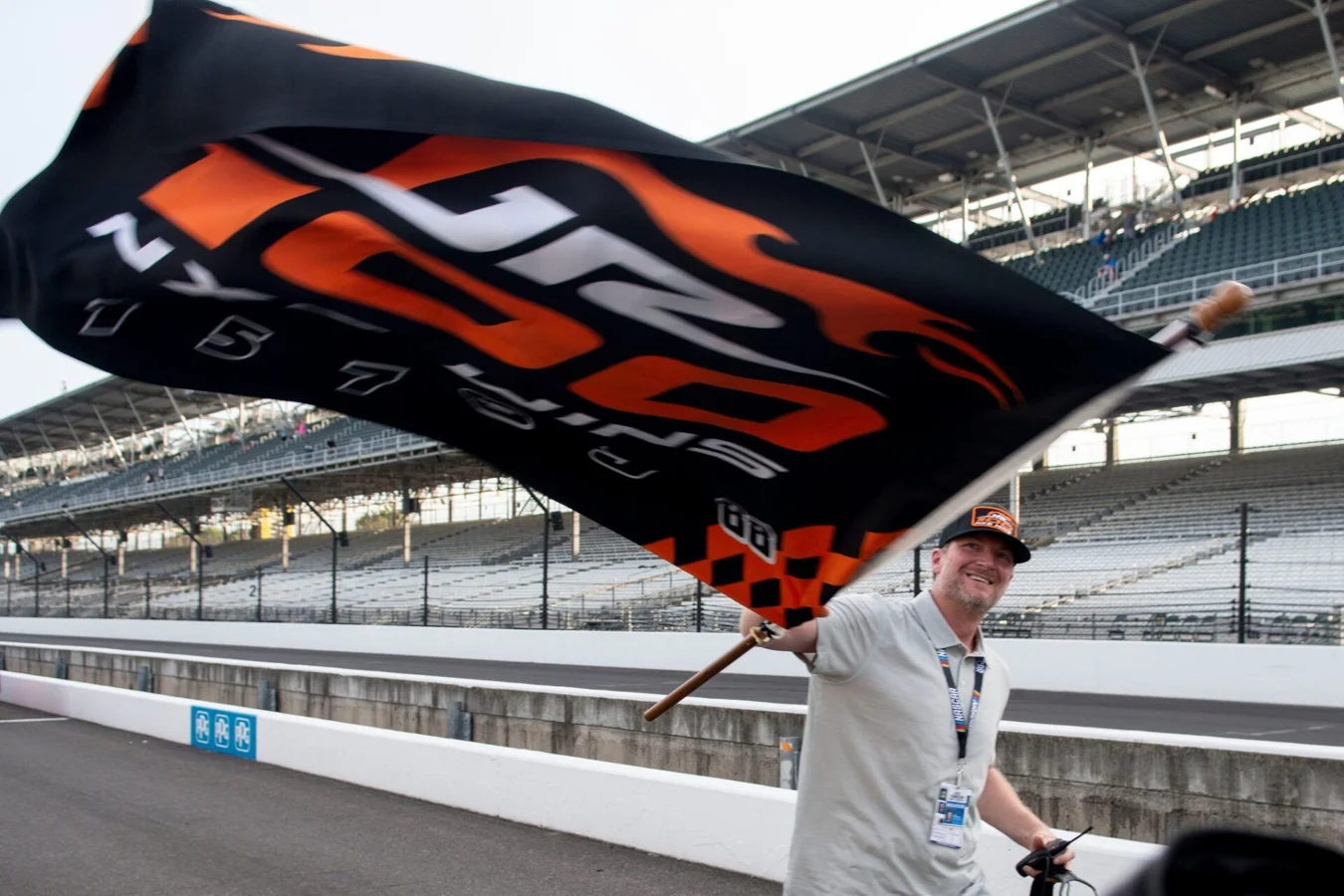A pivotal court filing by NASCAR has heightened tensions across the motorsports world, as Dale Earnhardt Jr’s JR Motorsports is widely viewed as the foremost candidate to receive a prized Cup Series charter. This development unfolds during NASCAR’s intense legal standoff with 23XI Racing and Front Row Motorsports, a clash on the verge of reshaping the sport’s future, with the Dale Earnhardt Jr JR Motorsports charter as the center of speculation and debate.
NASCAR recently informed the court of its intent to reallocate one of four disputed charters for the 2026 season, hinging this decision on an impending preliminary injunction hearing scheduled in Charlotte. This bold maneuver signals a significant escalation in the ongoing antitrust lawsuit, which has sharply divided the motorsports community and injected new urgency into Thursday’s critical proceedings in North Carolina.
Motives Behind NASCAR’s Push for a Charter Sale
NASCAR submitted its latest court filing on Monday evening, marking an important shift in its legal approach by declaring the intent to transfer a charter for the 2026 season, should the court choose not to grant an injunction sought by the plaintiffs. This move has placed the upcoming court hearing in Charlotte under a harsh spotlight, with significant consequences for both the sport and its stakeholders.

The contested charter at issue is among the four previously controlled by 23XI Racing and Front Row Motorsports—not among the two “inactive” charters that Stewart-Haas Racing sold to the same teams. This distinction is now crucial to both legal positioning and the interpretation of NASCAR’s charter authority.
“NASCAR has informed the court that it plans to issue a charter to a team (whose name/owner is redacted from documents) in 2026. It says it is not one of the charters that SHR sold to 23XI/FRM. NASCAR considers those ‘inactive’ charters while the four 23XI/FRM had as ‘non-issued’”
— Bob Pockrass, Reporter
NASCAR’s approach has further deepened hostilities between the sanctioning body and the challenging teams. 23XI Racing and Front Row Motorsports have charged NASCAR with engaging in monopolistic practices, arguing that the organization forced a one-sided charter agreement that stifles competition. Their legal team aggressively characterized NASCAR’s courtroom stance as
“a brazen effort to deny reality,”
emphasizing their argument that newly surfaced internal communications offer “smoking-gun” evidence of anti-competitive conduct.
The plaintiffs have petitioned the court for an injunction that would prohibit NASCAR from selling or shifting any of the six disputed charters. Beyond blocking the transaction, they are seeking a mandate for NASCAR to recognize all six of their entries as fully chartered teams, with every associated right and entitlement granted.
The Rise of JR Motorsports as the Prime Candidate
Speculation around JR Motorsports took off swiftly after sports reporter Bob Pockrass broke the news online. Fans quickly connected the clues, with cryptic comments multiplying and some insiders teasing knowledge of the team involved. One user’s string of posts,
“I KNOW THE TEAM MAN LMFAO,”
and
“I’m not allowed to say anything about it (trade off for knowing it) but most fans will be happy,”
fueled further excitement and rapid consensus around Dale Earnhardt Jr.’s powerhouse organization as the likely recipient. Enthusiastic declarations like “JRM!” soon dominated the conversation.
The case for JR Motorsports is strikingly reinforced by NASCAR’s own court description of the unpublished buyer. Official filings noted that the unnamed party has
“expressed interest in obtaining a Cup Series Charter to NASCAR executives multiple times over the past several years.”
This matches Dale Earnhardt Jr.’s team, which has long harbored ambitions to step up from its dominant Xfinity Series performance into Cup Series competition.
For JR Motorsports, the chance to claim a Cup Series charter is the fulfillment of years of planning. The team, founded and led by Dale Earnhardt Jr., has earned multiple Xfinity Series championships and developed a reputation as one of the series’ most successful and well-resourced organizations. Its infrastructure and financial preparation have established JRM as the industry’s most logical candidate for Cup Series advancement, should a charter become available.
Financial Implications and High Stakes of the Charter System
The legal dispute over charters has exposed the growing economic influence of the charter framework in NASCAR. The sanctioning body has maintained that the 2016 charter agreement led to a 28% increase in team payments, while their latest proposal would have increased that compensation by an additional 62%. NASCAR also defended its system, asserting it
“pays a higher percentage of its operating income to Charter Teams than Formula One pays to its teams.”
“pays a higher percentage of its operating income to Charter Teams than Formula One pays to its teams.”
— NASCAR statement in legal records
For JR Motorsports, the incentive to win a charter positions the organization for a seismic step up: entry into NASCAR’s foremost division promises guaranteed grid spots, a share of series revenues, and lasting operational security, advantages largely unattainable by independent, non-chartered outfits.
Yet the outcome of this legal clash will ripple far beyond a single team’s ambitions. Thursday’s hearing will determine whether NASCAR retains its current authority over charter transfers or if the legal challenge from 23XI Racing and Front Row Motorsports halts the process entirely. The verdict carries the potential to transform how team rights and financial prospects are shaped within NASCAR, affecting each team’s long-term strategies and viability.
As anticipation rises for the decisive hearing, the prospect of Dale Earnhardt Jr.’s organization at last joining the elite Cup Series has electrified the fan base and sharpened the drama of NASCAR’s ongoing legal and competitive battles. The forthcoming decision stands to alter the very fabric of the sport, determining not only the immediate future of the Dale Earnhardt Jr JR Motorsports charter, but also the landscape of professional racing in the years ahead.
